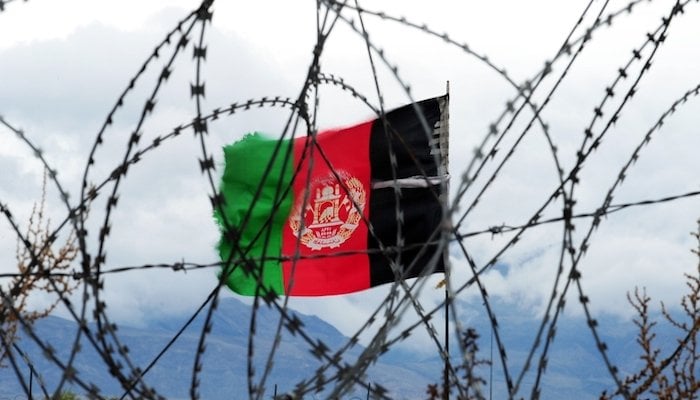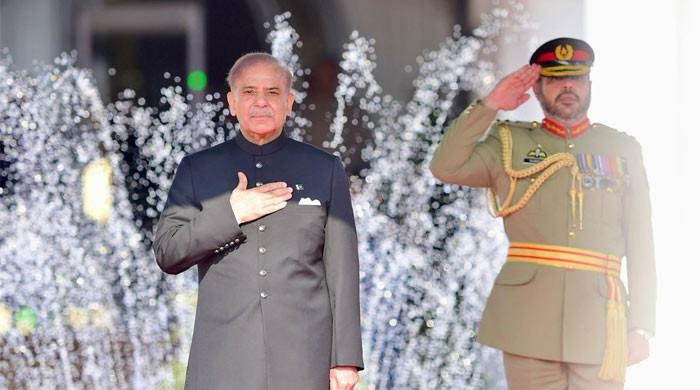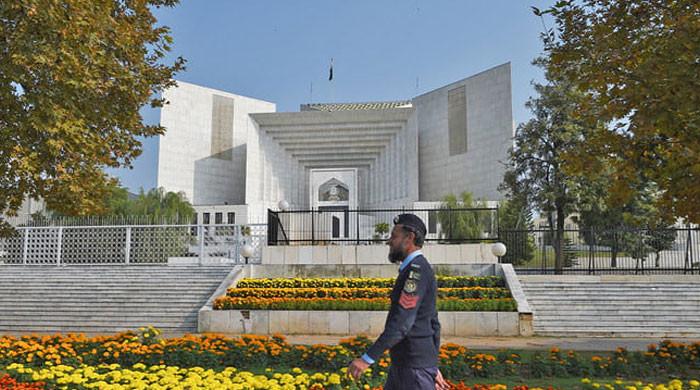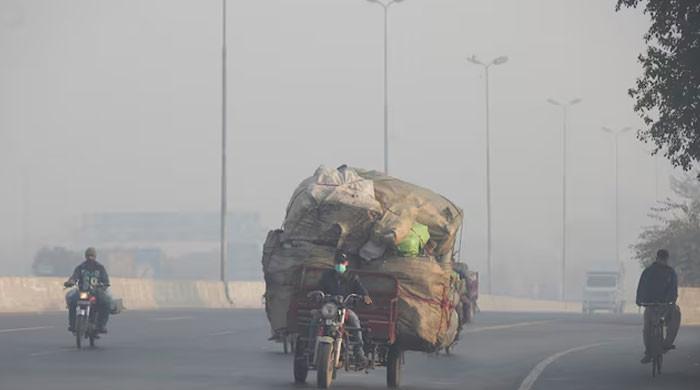Adjusting to the new realities of Afghanistan
As US withdraws from Afghanistan, countries in region will have to quickly adjust to tectonic shifts in neighbourhood
July 08, 2021

As the United States of America withdraws from Afghanistan, the countries in the region will have to quickly adjust to the tectonic shifts in their neighbourhood, as well as the threats emerging from the war-ravaged country.
In an address to the National Assembly recently, Prime Minister Imran Khan declared that Pakistan will remain a partner for peace in Afghanistan with the United States. Although, he has yet to elaborate how and to what extent Pakistan will be partnering for peace. But, at least he has made it known that his government will not give bases to the Central Intelligence Agency.
Now partnership with Washington has served Pakistan's national interest in the past as well. In fact, in the early 1950s and 1960s Pakistan was credited as “America’s most allied ally in Asia”. Inarguably, today times have changed, but the strategic dynamics have not.
Blog: Has the US learned from its experience in Afghanistan?
So, it’s natural for Pakistan to enter into some kind of improved partnership with the United States, who can also not afford a vacuum in an ethnically fragmented Afghanistan.
However, stakes can be higher for Pakistan if the United States inclines towards other countries in the region for keeping a vigilant eye on Kabul.
Forget India for a while, who is being facilitated to mend ways with the Taliban.
Let’s take Turkey as an example. Under the NATO-led Resolute Support Mission, Ankara already has almost 500 troops stationed in Afghanistan. For years, Ankara was also serving as a transit route.
Moreover, during a recent meeting between US President Joe Biden and Turkish President Erdogan, Turkey secured a deal to continue guarding the Kabul airport after the US leave.
Afghanistan’s future: Lessons for India
This airport is the lifeline for international diplomats, as well as contractors and security personnel. Guarding it, will make Turkey a gateway to Afghanistan and hence give it an extended role in different spheres of the war-torn country.
After Turkey, some central Asian countries are also looking for a larger role. For bordering countries of Afghanistan like Turkmenistan, Uzbekistan, Tajikistan and adjacent ones like Azerbaijan, Kazakhstan and Kyrgyzstan, it’s a crucial moment to shrewdly bargain with Russia or the United States of America.
The importance of these countries cannot be downplayed, as more than Turkey, the above named countries will seal the future of this region, since they are located next to either Russia, China or Iran (the perceived adversaries of the United States of America).
Will these Central Asian countries partner with the US? And what will that partnership look like? We will have to wait and see how the situation unfolds.
The other matter to keep a close eye on will be the Taliban, who are fearlessly heading north and north-eastern areas of Afghanistan.
In the last few weeks, Taliban have spectacularly captured strategic districts in Herat, Badghis, Faryab, Jowzjan, Balkh, Kunduz, Takhar, Badakhshan and Nuristan. They have also successfully invaded a few districts in Farah and Nimroz. While capital cities are still to be claimed, the pace shows that it’s only a matter of time.
Afghan peace process: The challenges and opportunities ahead
Interestingly, Herat, Badghis, Faryab, Jowzjan and Balkh border Turkmenistan. The last one also neighbors Uzbekistan. Balkh is unique in a way that it’s the only Afghan province that also borders Tajikistan along with Kunduz, Takhar and Badakhshan. And Nimroz, Farah and Herat line the border with Iran, while Badakhshan neighbors China.
Taliban’s unprecedented march towards the north and north-east may be overlooked by some but it won’t be by Uzbekistan and Tajikistan, as every other week the Afghan forces are retreating to their borders to escape the Taliban’s onslaught.
Both of these countries along with many others are also expecting a wave of hundreds of thousands of Afghan refugees. Fears have also been expressed that militants of Daesh may disguise themselves as Afghan refugees to penetrate the region.
If that were to happen, it would be a nightmare scenario for Moscow, Beijing and Tehran. Russia has spent decades trying to stabilize Chechnya, as China has its Xinjiang province. Beijing fears the Xinjiang areas may become a hotbed for terrorism as Daesh can exploit Uyghurs and also sabotage the One Belt One Road project.
In order to avoid instability, Russia is activating the Collective Security Treaty Organization, by encouraging its members - Kazakhstan, Kyrgyzstan and Tajikistan - to keep a close eye on the refugees and avoid giving bases to the United States.
Read more: My stay at the Bagram military base
China is equally trying to stop possible infiltration of Daesh through its small border opening with Afghanistan. But the threat can only be reduced if peace is achieved in Afghanistan.
With thousands of soldiers laying down arms and hundreds of thousands of Afghans fleeing their country, one can only wish good luck to the Ghani government, which has remained adamant in pursuing peace.











